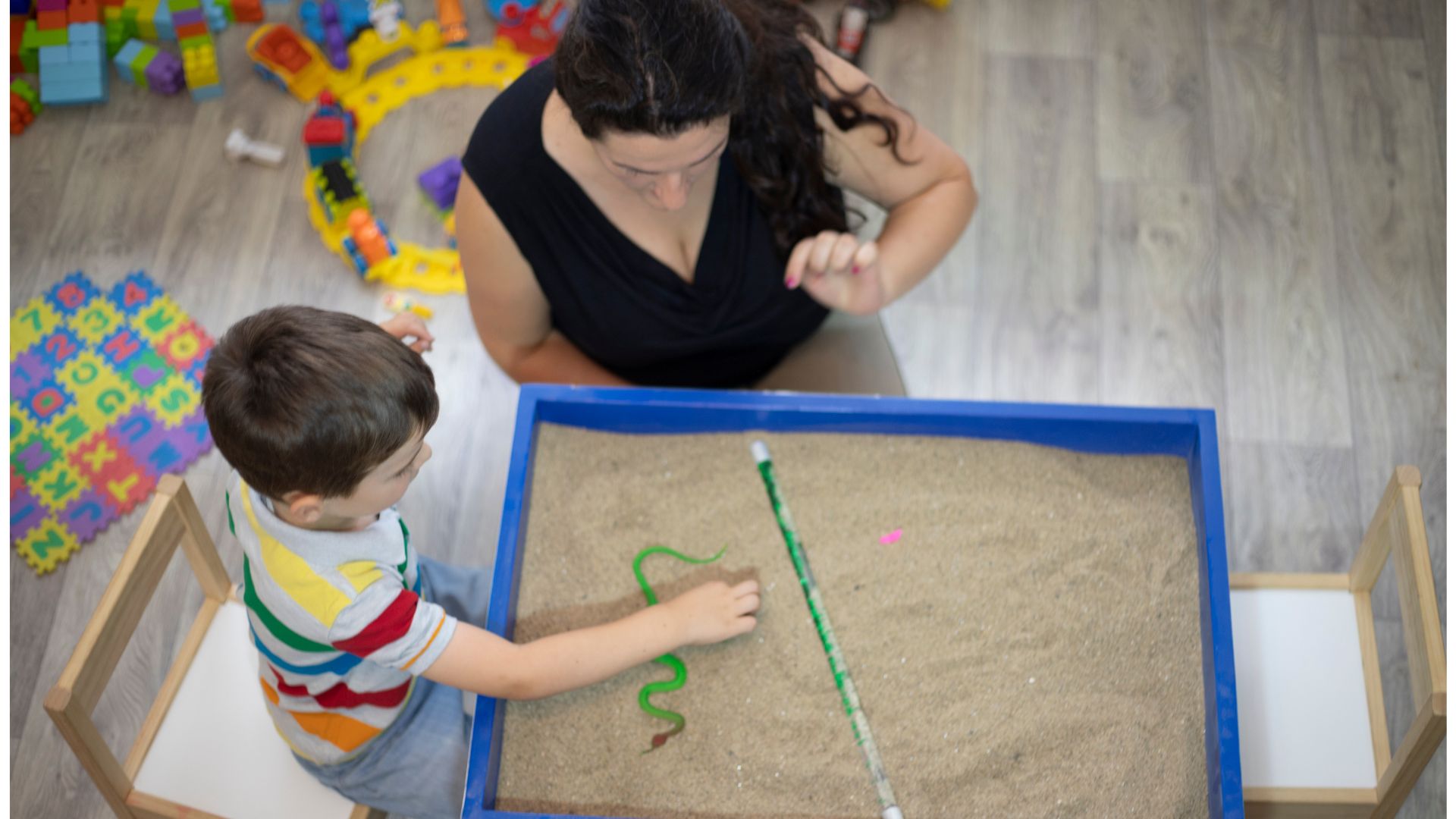When you bring your child to play therapy, you may wonder what to expect. In fact, you may be wondering how play therapy will help your child. These are all normal questions. In fact, one of the most commonly asked questions I hear from parents is “what do I get if I put my child in therapy?” In play therapy there are four universal outcomes. In other words, regardless of what a child is experiencing or struggling with, you can expect these changes within your child as a result of play therapy.
Increased Regulation
We hear the words emotional regulation a lot when we talk about children. That’s because there are a lot of reasons why a child may become dysregulated. And it can be very unsettling for both the child and the caregiver. So when we say increased regulation, we mean across all areas: emotional, social, academic, etc. As play therapy begins to work, we see less highs and lows in children’s dysregulation. The child works towards balance. Your child experiences more self-control and as a result, you have a calmer and more confident child. It doesn’t mean that they will never get upset again but they learn that they can handle things, and the frequency and duration decrease.
Increased Worldview
What is worldview anyway? Up until about age 12 or 13, children do not possess abstract reasoning. They are very much in the “here and now”. They feel and then they act. Through the play therapy process they start to connect that actions have consequences. They begin to understand that their behavior impacts others. And they begin to connect that their behavior may result in a consequence that they don’t enjoy. In other words, they begin to practice self-control.
Increased Emotional Vocabulary
Children are not born with an emotional vocabulary. And they don’t yet possess understanding of their emotions. We probably all know some adults that still struggle with articulating their emotions. So this is a significant win for a child when they can not only articulate what they are feeling but then also attach that feeling to what is happening in their bodies. This allows a child to not only identify what is happening but then be able to articulate it and share it with another person. This in turn helps a child get their need met.
Increased Self-Esteem
As children work through their struggles in the playroom, they begin to feel better about themselves. They learn that they can trust themselves, that they are competent and capable and that they can work through their challenges. When children address these feelings of self-esteem in the playroom, we see increased self-confidence which means a child who is more resilient, more willing to try new things, and a child who views himself in more self-enhancing ways. This change in self-esteem and self-concept infiltrates every area of a child’s life.
Imagine your child six months from now. If they had developed all of these outcomes, how would this change their current behaviors? How would this change how they view themselves? These are incredible gains for a child and set them up for happiness and well-being. One of the things I believe parents want more than anything for their children is to grow up to be happy adults. One of the reasons why I believe so strongly in play therapy is because it doesn’t just help our children now but also in the future. And this all takes place in a safe, developmentally appropriate environment for kids.
So if you’d like more information about play therapy, please reach out to us at 832-521-8809 or visit www.collectivehopecounseling.com for more information. We’d love to help.


